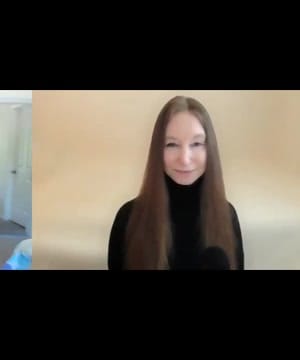Are young children rational?
Sources:
Dwarkesh Patel has discussed the rationality of young children in a conversation with Sarah Fitz-Claridge on the .
Patel and Fitz-Claridge challenge the notion that young children are inherently irrational and incapable of formal verbal arguments and reasoning. Patel argues that defining rationality in a way that excludes young children—such as the ability to engage in explicit conversations and arguments—will naturally lead to the conclusion that they are irrational. However, he points out that young children demonstrate rationality through their ability to learn and create new knowledge, such as language acquisition 1.
Fitz-Claridge adds that rationality and creativity in children are present from birth, asserting that it's a myth that rationality only appears at a later stage in development. She believes that children are not only rational and creative but often more so than adults because of their remarkable capacity to learn and adapt 2 3.
Together, they make the case that if children are treated coercively, it can lead to negative outcomes, emphasizing the importance of non-coercive educational methods that respect children's inherent rationality and creativity 1 4.
RELATED QUESTIONS



